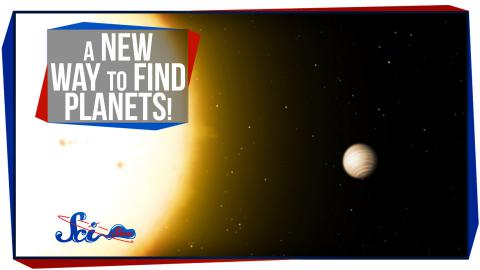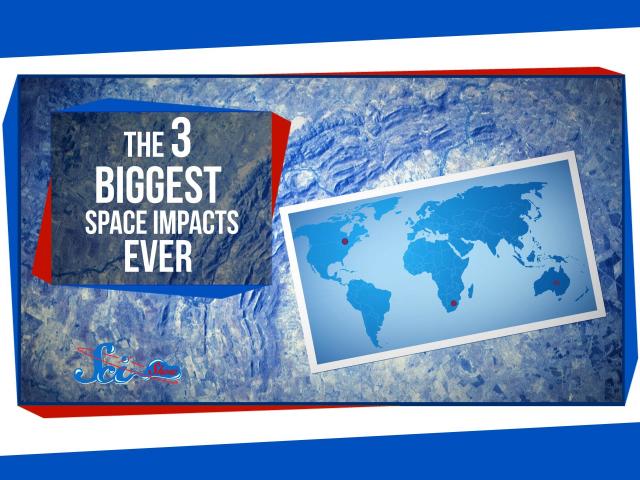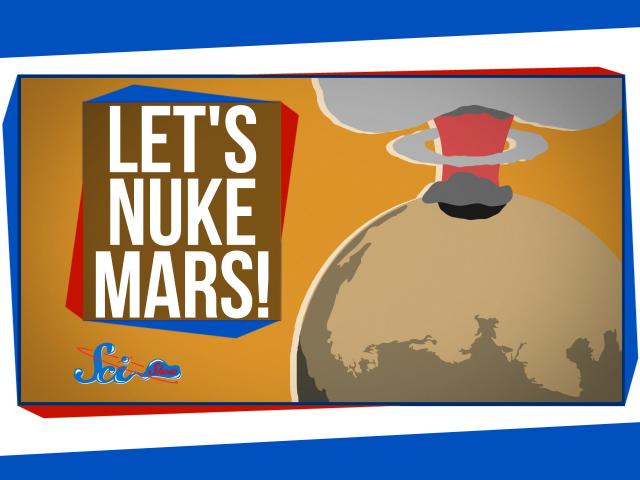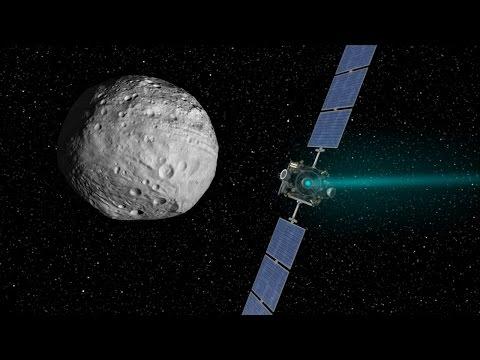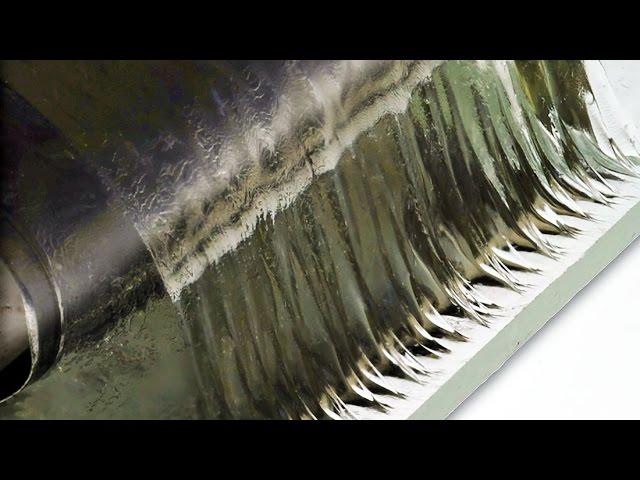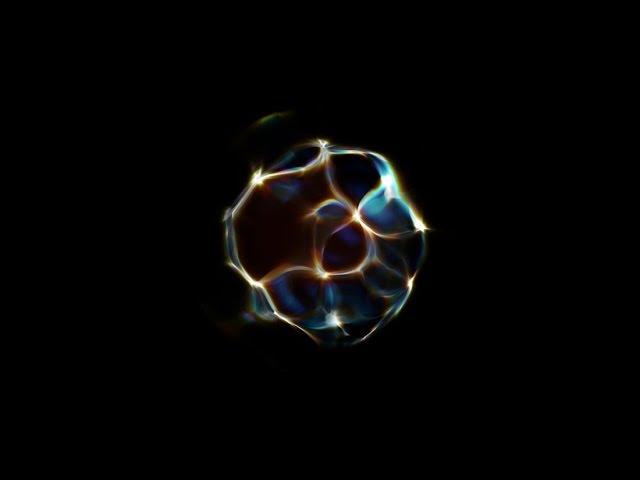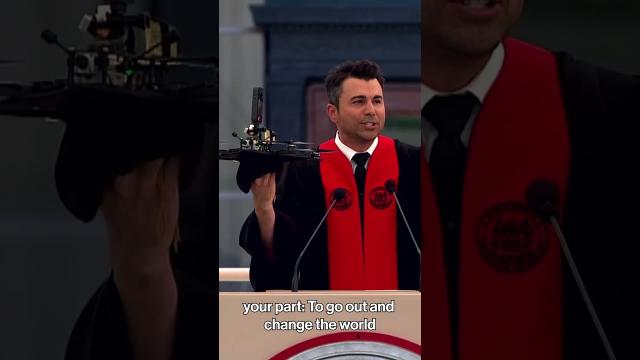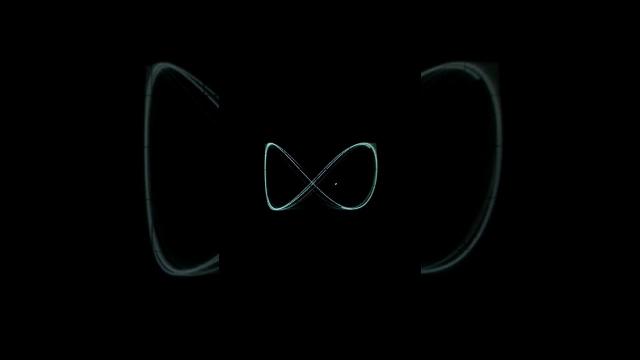Time Travel, Teleportation & Science
Time travel is the concept of moving between different points in time in a manner analogous to moving between different points in space, generally using a theoretical invention, namely a time machine. It has a commonly recognized place in philosophy and fiction, but has a very limited application in real world physics, such as in quantum mechanics or wormholes.
Although the 1895 novel The Time Machine by H. G. Wells was instrumental in moving the concept of time travel to the forefront of the public imagination, The Clock That Went Backward by Edward Page Mitchell was published in 1881 and involves a clock that allowed three men to travel backwards in time.[1][2] Non-technological forms of time travel had appeared in a number of earlier stories such as Charles Dickens' A Christmas Carol. Historically, the concept dates back to the early mythologies of Hinduism (such as the Mahabharata), Buddhism, and Islam through ancient folk tales. More recently, with advancing technology and a greater scientific understanding of the universe, the plausibility of time travel has been explored in greater detail by science fiction writers, philosophers, and physicists.
Teleportation, or Teletransportation, is the theoretical transfer of matter or energy from one point to another without traversing the physical space between them. It has a commonly recognized place in science fiction literature, film, and television, but as yet has a very limited application in real world physics, such as quantum teleportation or the study of wormholes.
Science (from Latin scientia, meaning "knowledge") is a systematic enterprise that builds and organizes knowledge in the form of testable explanations and predictions about the universe. In an older and closely related meaning, "science" also refers to a body of knowledge itself, of the type that can be rationally explained and reliably applied. A practitioner of science is known as a scientist.
In modern usage, "science" most often refers to a way of pursuing knowledge, not only the knowledge itself. It is also often restricted to those branches of study that seek to explain the phenomena of the material universe.
Source : Wikipedia
-
01:09
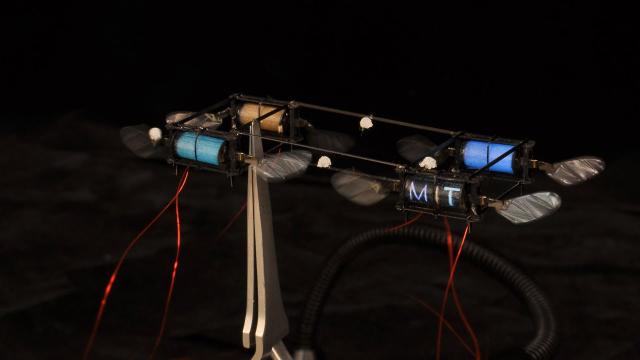
Robotic lightning bugs
Added 235 Views / 0 LikesInspired by fireflies, a team of researchers has created insect-scale robots that can emit light when they fly, which enables motion tracking and communication. (Learn more: https://news.mit.edu/2022/robotic-actuator-fly-0621)Watch more videos from MIT: h
-
14:51
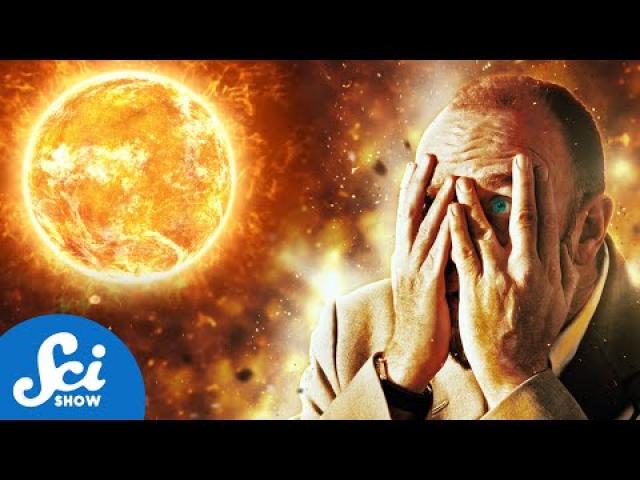
Don’t Look At the Sun! …Unless
Added 157 Views / 0 LikesStart building your ideal daily routine! The first 100 people who click on the link will get 25% OFF Fabulous Premium: http://thefab.co/scishowspace8 It’s common knowledge that you should never look directly at the sun. But, like, what about during an ecl
-
25:12
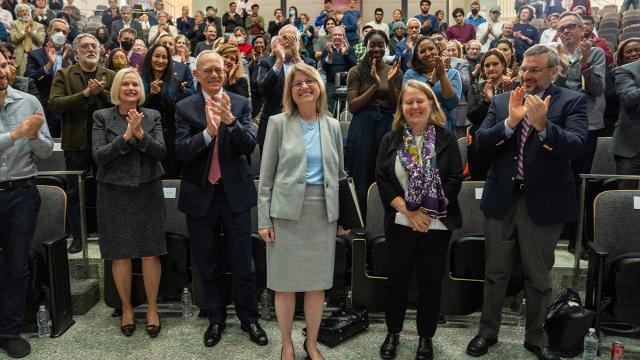
MIT Community Introduction: President-elect Dr. Sally A. Kornbluth
Added 206 Views / 0 LikesOn October 20, 2022, the MIT Community was introduced to the 18th president-elect Dr. Sally A. Kornbluth. Watch more videos from MIT: http://www.youtube.com/user/MITNewsOffice?sub_confirmation=1The Massachusetts Institute of Technology is an independent,
-
05:30
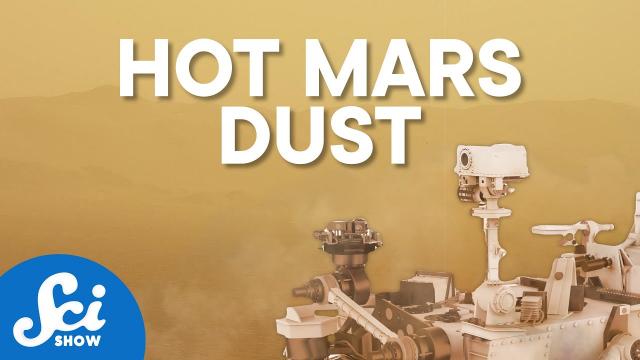
How Blocking the Sun Makes Mars Hotter
Added 167 Views / 0 LikesPre-order your MOM pin all this month here: https://dftba.com/scishowIf we’re going to send people to Mars someday, we’re going to need to be very conscious of the challenges presented in this endeavor. And at the top of that list is the ferocious nature
-
06:54
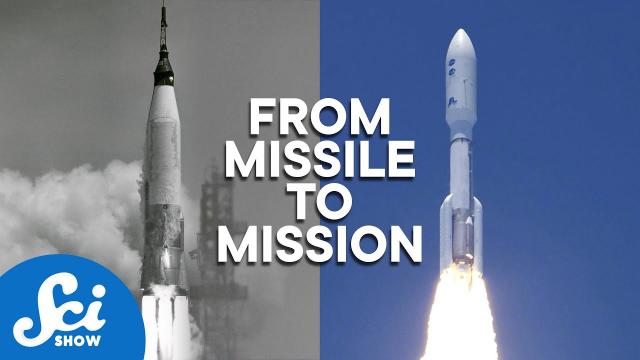
Atlas: The Little Rocket That Still Can
Added 127 Views / 0 LikesOrder your SciShow Space Pinboard and all SciShow merch here: https://dftba.com/scishowIn 1962, John Glenn went into orbit on an Atlas rocket, and thus began a family of rockets that lasted for 60 years!Hosted by: Hank Green (he/him)----------Huge thanks
-
00:47
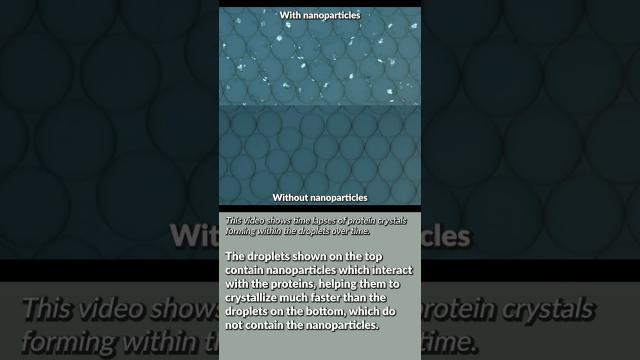
New purification method could make protein drugs cheaper
Added 179 Views / 0 LikesMIT engineers found specialized nanoparticles can quickly and inexpensively isolate proteins from a bioreactor. Learn more: https://news.mit.edu/2023/new-purification-method-could-make-protein-drugs-cheaper-0228
-
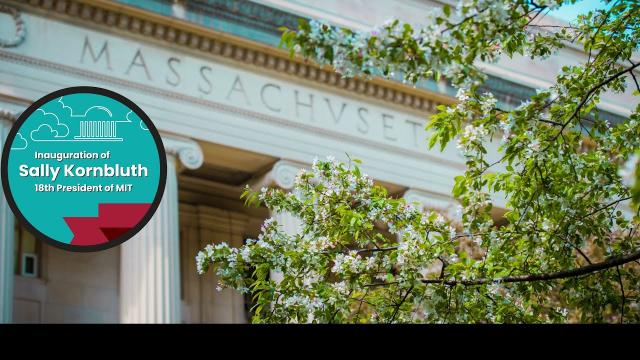
Academic Symposium: Where Big Ideas Come From — and Why They Matter Live Webcast
Added 190 Views / 0 LikesWe live in an innovation era in which we face global challenges that demand humanity’s best and broadest thinking now more than ever. Join us on May 1 as an all-MIT faculty panel, drawn from many different domains and backgrounds, explores this challenge
-
01:49
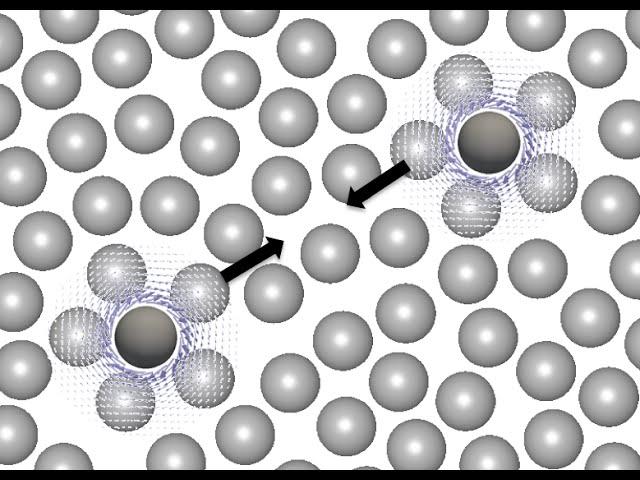
Particles attract across long distances
Added 708 Views / 0 LikesParticles attract across long distances
-
25:22
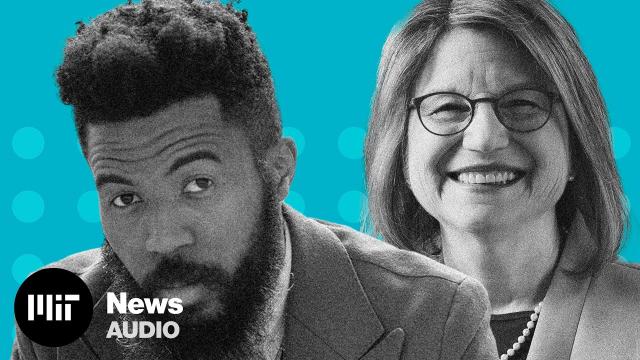
Curiosity Unbounded, Ep. 5: Beyond words
Added 218 Views / 0 LikesJoshua Bennett is a professor of literature and distinguished chair of the humanities at MIT. Additionally, he is an accomplished spoken word artist, and author of several books. Here, he speaks with MIT President Sally Kornbluth about the power of words,



